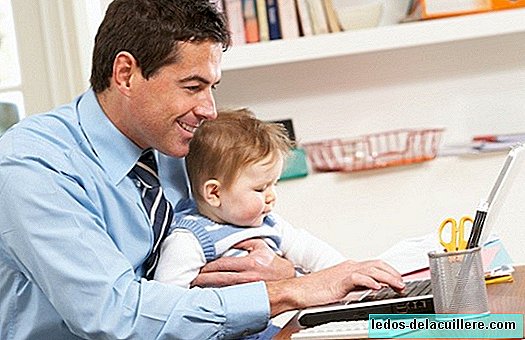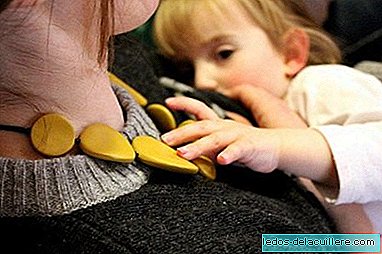I remember when I was little, back in the Pleistocene, that all my financial knowledge consisted of knowing that "things" cost money and that the more I liked them, the more money they cost, that if the piggy bank made noise and weighed it meant that I had "money" , money that on the other hand could never spend because it was always for "another time".
Today, I read the news that MasterCard is committed to taking out a line of financial products aimed at children and I have the feeling that some company executive has lost his mind with the baby boss movie. Have we gone crazy?

The excuse of financial responsibility and autonomy
Mastercard executives say that they have developed, together with the Child & Youth Finance International organization, a "white paper" with the guidelines for the development of suitable financial products for the smallest of the house and avoid those that are not suitable, so as the advertising directed to this segment.
I am not that I am an expert in international finance, as much as my home, but if I think of "financial products" suitable for my children, I can only think of a couple of them: their parents and the piggy bank.
What mania do others have in making our children become micro-adults, as if they didn't have time to spare for it. Is that really necessary? I do not deny that having certain knowledge of how the world works is good for them and that teaching them from a young age not to waste and consume responsibly is important to them, their future and that of this society of insatiable consumerist craving.

Every time we demand more from our children, that they know how to do adult things, that they act like us, that they behave correctly in our environment, that they speak languages, that they play football like the cracks that come out on TV, that are models of clothes, we even have beauty, musical or cooking contests in which we force them to compete with each other in front of cooperating. We are making them small adults when What they really are experts in is being children.

For a moment, what ages are we talking about?
Well, no age is specified in the article or even the type of products offered, but through the website of Child & Youth Finance International we can see that they have projects in different countries aimed at children over 10 years.
10 years!I don't know, at what age did Rokefeler start to knead his fortune? Am I the only one who is a little afraid to get home one day and have your child ask you for money to buy a package of shares of Pedrito & Co founded by a partner at recess? Man, it's one thing to spend Saturday afternoon playing monopoly and another very different to spend evaluating the stock indexes of Tokyo or the Down Jones.
Who will explain these products to my children?
If in this country you have already become very fat with the famous "preferred"That was supposed, according to financial mandamases that it was a wonderful product and adapted to any type of customer, I do not want to imagine the one that can be organized with 10 or 12 year old kids managing their bank accounts.

And how are they going to advertise these products if it is assumed that the advertising of any financial product is prohibited to minors? How many of us have enough knowledge to handle financial products? Because I imagine that we must be the ones who explain or are present to them, when I explain to them what each thing is.
Perhaps we have not understood well what Montessori meant to us or it is possible that a few have seen in our children a reef, a new grain to get oil, the problem will be the cost of all this exploitation.
Let the children remain children and play adults and not vice versa.












